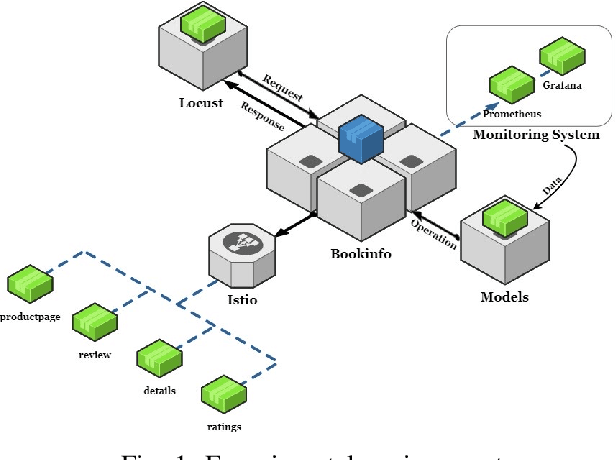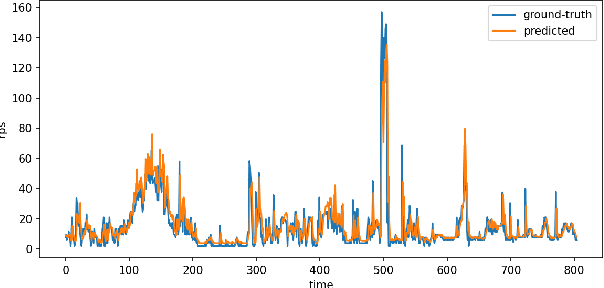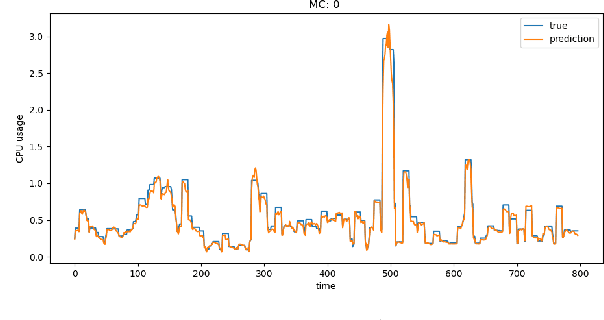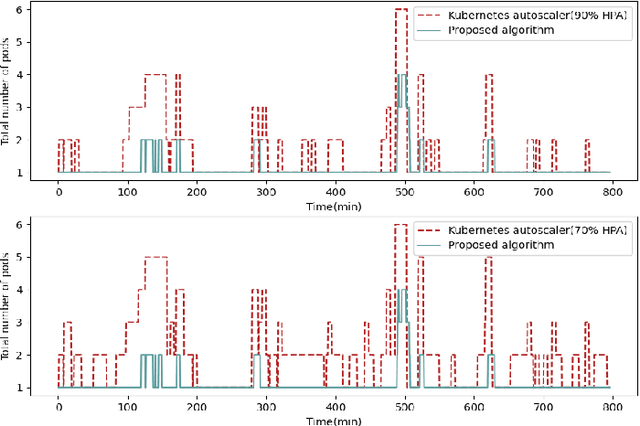Shaoshu Zhu
Optimal Design and Implementation of an Open-source Emulation Platform for User-Centric Shared E-mobility Services
Mar 12, 2024Abstract:In response to the escalating global challenge of increasing emissions and pollution in transportation, shared electric mobility services, encompassing e-cars, e-bikes, and e-scooters, have emerged as a popular strategy. However, existingshared electric mobility services exhibit critical design deficiencies, including insufficient service integration, imprecise energy consumption forecasting, limited scalability and geographical coverage, and a notable absence of a user-centric perspective, particularly in the context of multi-modal transportation. More importantly, there is no consolidated open-source framework which could benefit the e-mobility research community. This paper aims to bridge this gap by providing a pioneering open-source framework for shared e-mobility. The proposed framework, with an agent-in-the-loop approach and modular architecture, is tailored to diverse user preferences and offers enhanced customization. We demonstrate the viability of this framework by solving an integrated multi-modal route-optimization problem using the modified Ant Colony Optimization (ACO) algorithm. The primary contribution of this work is to provide a collaborative and transparent framework to tackle the dynamic challenges in the field of e-mobility research using a consolidated approach.
Graph-PHPA: Graph-based Proactive Horizontal Pod Autoscaling for Microservices using LSTM-GNN
Sep 06, 2022



Abstract:Microservice-based architecture has become prevalent for cloud-native applications. With an increasing number of applications being deployed on cloud platforms every day leveraging this architecture, more research efforts are required to understand how different strategies can be applied to effectively manage various cloud resources at scale. A large body of research has deployed automatic resource allocation algorithms using reactive and proactive autoscaling policies. However, there is still a gap in the efficiency of current algorithms in capturing the important features of microservices from their architecture and deployment environment, for example, lack of consideration of graphical dependency. To address this challenge, we propose Graph-PHPA, a graph-based proactive horizontal pod autoscaling strategy for allocating cloud resources to microservices leveraging long short-term memory (LSTM) and graph neural network (GNN) based prediction methods. We evaluate the performance of Graph-PHPA using the Bookinfo microservices deployed in a dedicated testing environment with real-time workloads generated based on realistic datasets. We demonstrate the efficacy of Graph-PHPA by comparing it with the rule-based resource allocation scheme in Kubernetes as our baseline. Extensive experiments have been implemented and our results illustrate the superiority of our proposed approach in resource savings over the reactive rule-based baseline algorithm in different testing scenarios.
 Add to Chrome
Add to Chrome Add to Firefox
Add to Firefox Add to Edge
Add to Edge